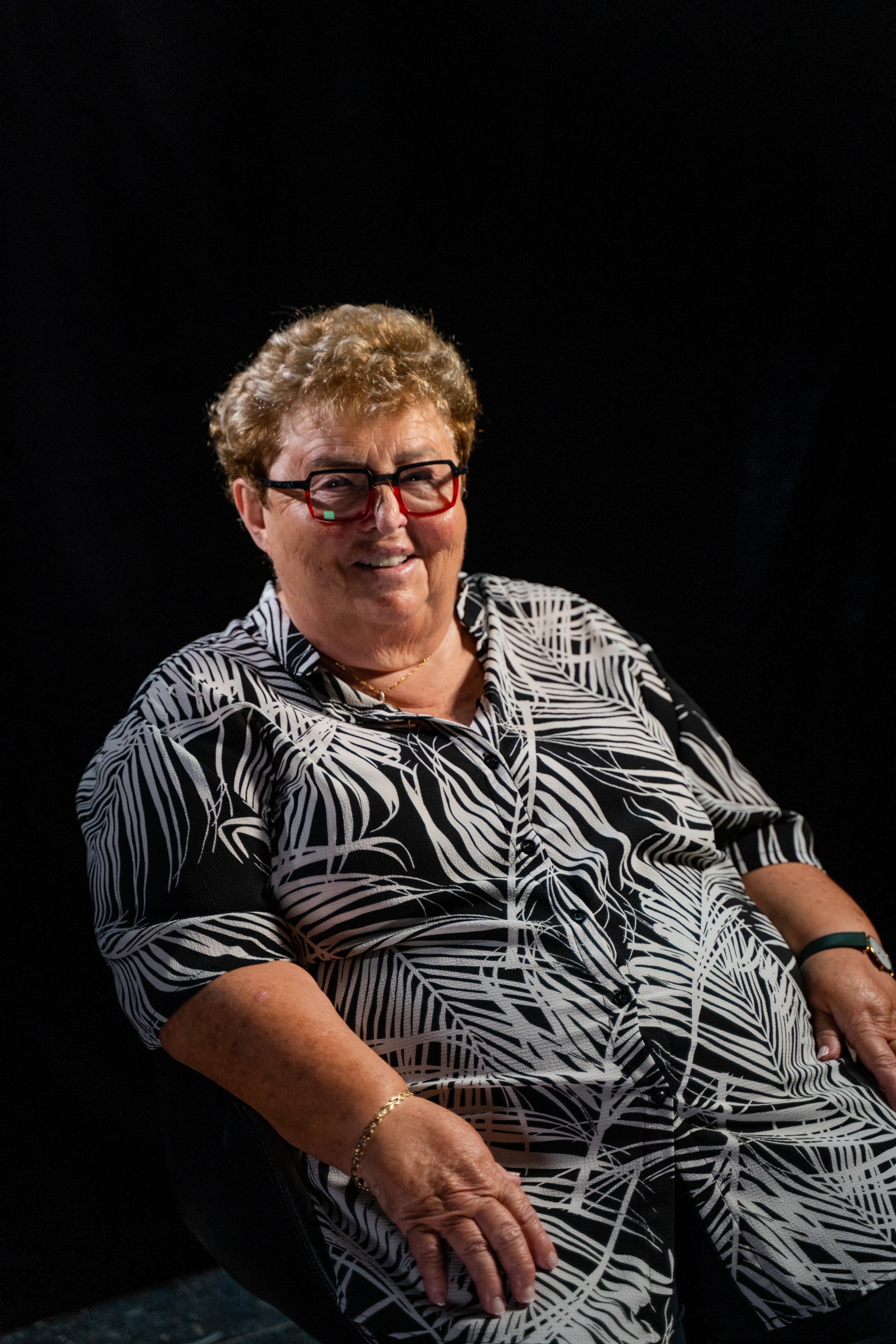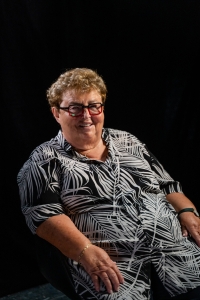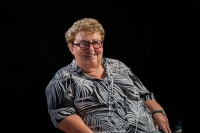Your colleagues are already at war and you will be a military doctor

Download image
Miriam Fried, nee Krausová, was born on June 29, 1940 into a Jewish family in Nové Mesto nad Váhom. The years of childhood were marked by the events of the Second World War and the Holocaust of the Jewish minority. The initial deportations in 1942 were avoided thanks to the presidential exemption of the mother and father. However, they lost their validity after the rebellion was suppressed and the family was in danger. The parents finally hid their daughter with a woman and joined the partisans themselves. They met again only after the war. Miriam started elementary school in 1946. Shortly after that, her father was put on trial in fabricated political trials. After the advent of socialist totality, their family printing house was nationalized. After Miriam’s high school graduation, the family moved to Bratislava and Miriam started studying medicine. Subsequently, she worked as a general practitioner in Banská Štiavnica. She later worked in Záhorie until her marriage and moving to Israel. During the events of August 1968, she was visiting her parents in Slovakia with her husband and little son Gabriel. News of the invasion of Warsaw Pact troops forced them to leave Czechoslovakia quickly. In Israel, they lived in the city of Dimona, and Miriam practiced medicine there. In 1973, during the Yom Kippur (Suez) War, they decided to move to Germany, to the city of Essen. When sons Gabriel and Michael went to study in Belgium, the couple divorced and Miriam went back to Israel. Here she continued her profession. She also took care of her ex-husband there, who came to see her after his health deteriorated. In 2010, she went to a home for the elderly. He has been retired since 2014.

